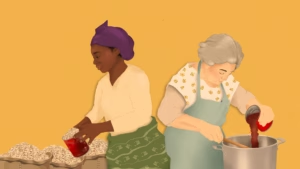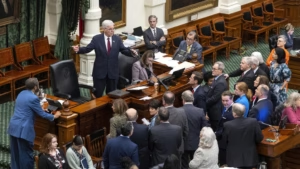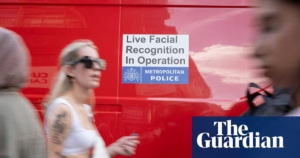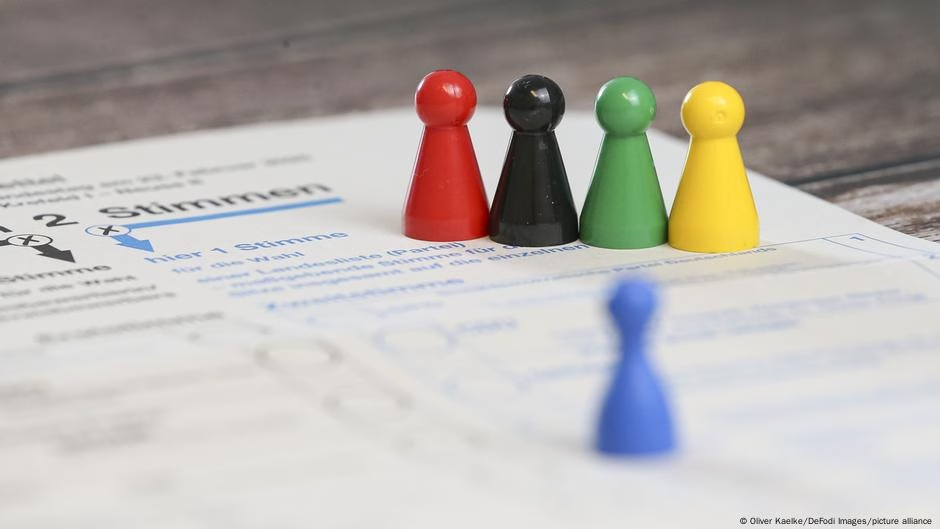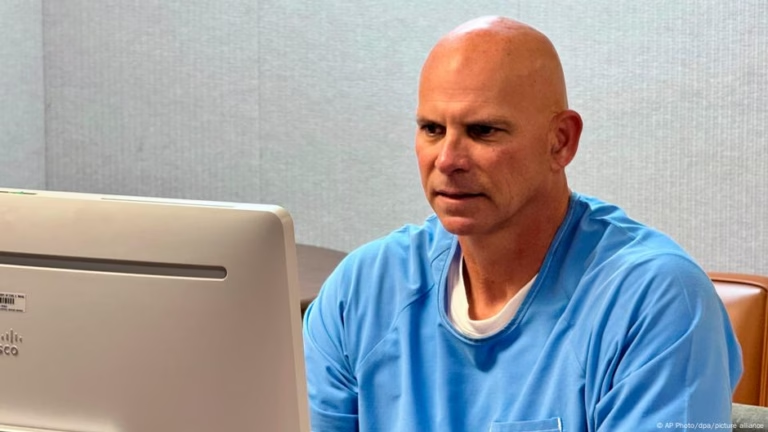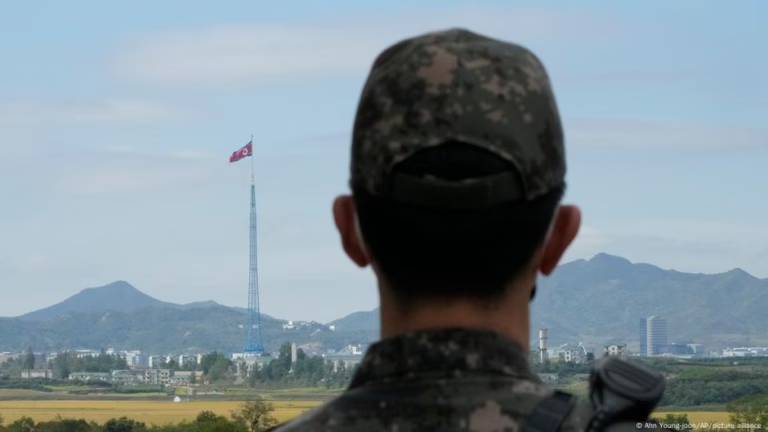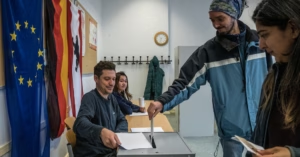He was addressing the center-left Social Democrats (SPD) and the environmentalist Greens, who had governed together with the neoliberal Free Democrats (FDP) since 2021. That fractious coalition collapsed in November, following months of infighting over the budget. The breakup led to the snap election being called for this Sunday.
SPD threatened with a catastrophe
The latest polling indicates that the Greens will get about the same share of the vote as they did back in 2021, but the SPD and FDP are set to suffer massive losses. The SPD looks set for a bitter defeat. Anything less than 20% would be the party’s worst result in a federal election in Germany’s post-World War II history — and the party is polling far below this.
Chancellor Olaf Scholz would become the government leader with the shortest term in office in the past 50 years and the only SPD chancellor ever not to be reelected.
AfD in second place
According to the polls, Merz has the best chance of becoming chancellor. His center-right bloc became the largest opposition force in parliament in 2021, following 16 years in government under former Chancellor Angela Merkel.
Polling in second place is the far-right Alternative for Germany (AfD) expected to win a solid 20% of the vote, which would be double its share in 2021.
SPD threatened with a catastrophe
The latest polling indicates that the Greens will get about the same share of the vote as they did back in 2021, but the SPD and FDP are set to suffer massive losses. The FDP may even fail to clear the 5% hurdle required for seats in the Bundestag, the German parliament. The SPD looks set for a bitter defeat. Anything less than 20% would be the party’s worst result in a federal election in Germany’s post-World War II history — and the party is polling far below this.
Chancellor Olaf Scholz would become the government leader with the shortest term in office in the past 50 years and the only SPD chancellor ever not to be reelected.
AfD in second place
According to the polls, Merz has the best chance of becoming chancellor. His center-right bloc became the largest opposition force in parliament in 2021, following 16 years in government under former Chancellor Angela Merkel.
Polling in second place is the far-right Alternative for Germany (AfD) expected to win a solid 20% of the vote, which would be double its share in 2021.
Who could form a new coalition?
Germany’s election system is designed to favor coalition governments. The CDU/CSU will not be able to rule alone; after the election, they will need to find at least one coalition partner to reach the majority needed to pass laws. The more parties in the Bundestag, the more difficult it is to build a government. So it will be important whether the socialist Left Party, the populist Sahra Wagenknecht Alliance (BSW), and the FDP manage to get representation.
For a two-way coalition, the CDU/CSU may turn to either the SPD or the Greens. Reconciling policy principles won’t be easy: The Social Democrats have their social policy at the top of their agenda, for the Greens it is climate protection.
However, if the small parties do make it into parliament, three parties might be needed to make up the numbers for a stable government.
The AfD is isolated — all other parties have so far vowed not to work with them. But the far-right party’s top candidate Alice Weidel said this would not stop their ascent to power. According to her, the political “turnaround” is coming and is only being “unnecessarily delayed.”
Merz stressed that the new government will be “one of the last chances” to reduce the breeding ground for the AfD. “If that does not succeed, then we will no longer be dealing with only 20% right-wing populism,” he said.
Merz has been speaking of the “political responsibility” for the traditional parties to come together to solve Germany’s problems, telling the SPD and the Greens, “That is a responsibility that you cannot evade, and we will not evade it either.”
This article was originally written in German.
While you’re here: Every Tuesday, DW editors round up what is happening in German politics and society. You can sign up here for the weekly email newsletter Berlin Briefing.
